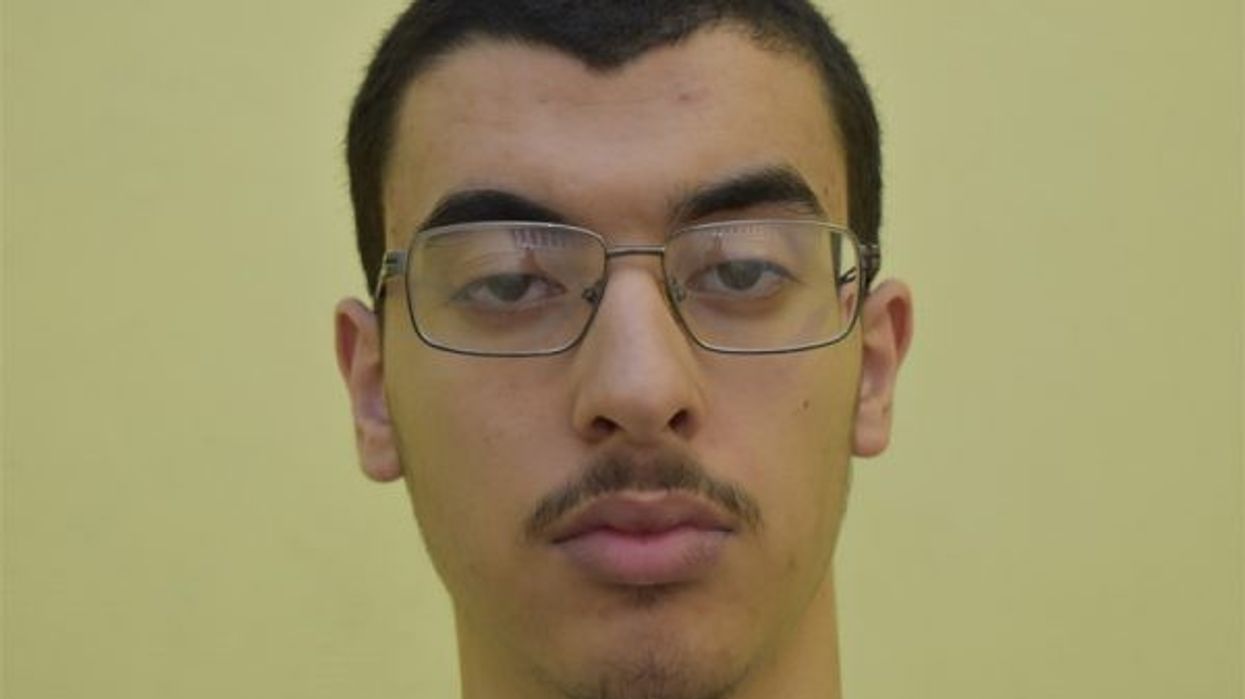THE BROTHER of the 2017 Manchester suicide bomber and an Iraqi asylum seeker behind a botched London Underground train bombing had their sentences extended on Tuesday (22) after being found guilty of assaulting a prison officer.
Hashem Abedi, 24, Ahmed Hassan, 22, and fellow convicted terrorist Muhammed Saeed, 23, were all found guilty of assaulting a prison officer at Belmarsh prison in southeast London in May 2020.
The guard suffered facial and head injuries, bruising, and received hospital treatment for damage to his hearing following the attack, according to police.

Abedi's brother Salman killed 22 people in the Manchester concert bombing, and Hassan injured 30 people in his rush-hour attack in the capital later the same year.
Abedi, who was jailed for life with a minimum term of 55 years for playing an "integral part" in the bomb attack at an Ariana Grande concert, was also found guilty on Tuesday (22) of assaulting another prison officer who came to help.
He was sentenced to a further three years and 10 months of imprisonment following the trial at Woolwich Crown Court in London. Saeed and Hassan were sentenced to another three years in jail.
Police said they believed the three men carried out the attack because they were upset at having lost some prison privileges, and that it was not terror-related.
"These three offenders launched a cowardly and vicious attack on a prison officer, in what they saw as retribution for having some of their privileges taken away," said Richard Smith, who leads the Metropolitan Police's Counter Terrorism Command.
"One witness described it as a 'frenzied' attack, and I have no doubt they set out to seriously injure their victim," he added.

Hassan was found guilty in March 2018 of attempted murder over the botched bombing at Parsons Green underground station in southwest London the previous September.
He left the improvised bucket bomb filled with screwdrivers, knives, nuts, bolts and explosives in a carriage carrying 93 passengers but it only partially exploded.
Saeed was jailed for five years last year after being convicted of possessing a knife for terrorist purposes.
(AFP)




